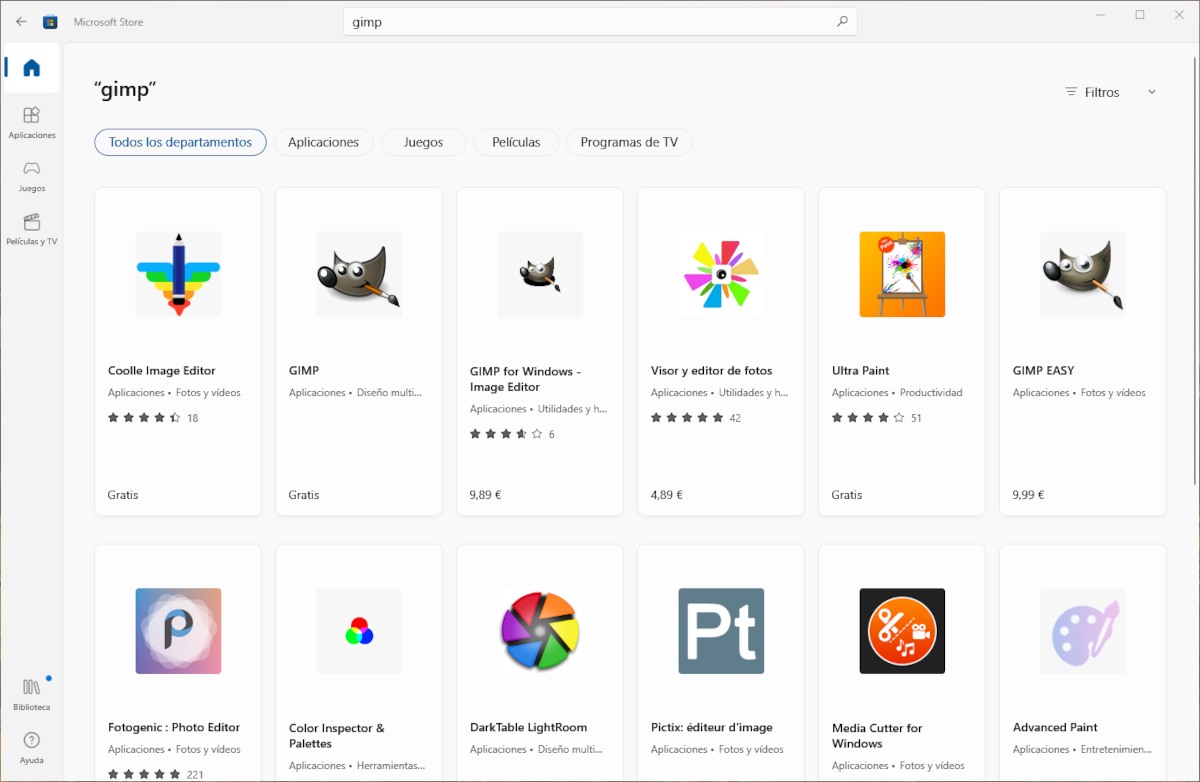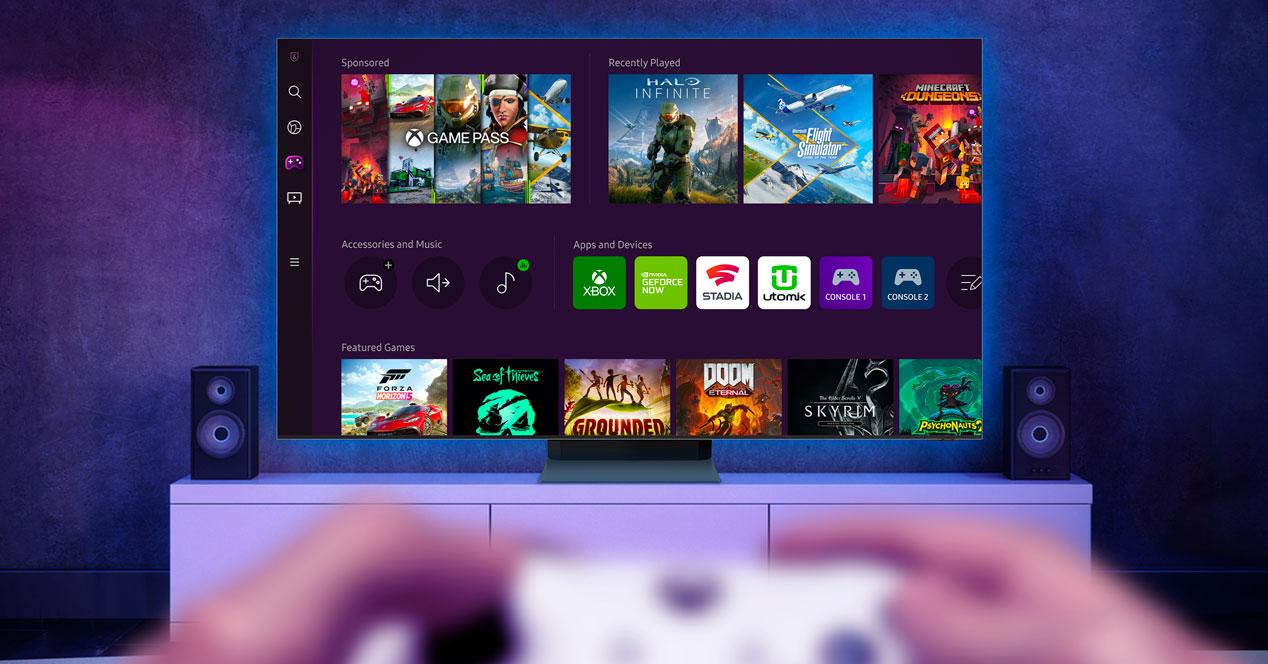
Microsoft Store has updated its policy towards distributors and, although it arrives later than desirable, they will finally certain limits abuses more or less common in the windows app store.
According to gHacks, the new Microsoft Store policy users will like it a lot, because they take their sidebut not so much to certain developers or distributors, because they are going to prevent them from trading, in some cases in a somewhat delicate way.
But let’s better explain what the change consists of, because the holder gives for what he gives. Specifically, from now on prohibit exorbitant prices in the Microsoft Store. What is an exorbitant price? The term itself says it all, and there are smart people out there who are waiting for some unwary person to fall into their trap by putting excessive prices on applications that don’t deserve it.
So developers are not going to be able to price their applications at whatever price they want? Yes and no: they can, but with limits set by common sense… and by the moderation exercised by the Microsoft Store. In other words: all those cheeky people who took any application and put a price much higher than those of the same category hoping that some careless person would buy it without paying much attention, the story is over.
However, the most delicate and defining element of the new Microsoft Store policy is in free applications and, especially, open source.
As it is. Microsoft Store won’t let you sell free apps. That is, those applications that can be obtained for free outside the store, will not be able to require a payment in it. Neither do open source applications, which is where the most delicate aspect of the measure lies.
It is common for open source and free applications -which does not always coincide, mind you- more or less well-known to be distributed through third-party stores, usually linked to a specific platform. And it is common that they do it with a price. There are many examples of this: applications that cost money in the Microsoft Store or Google Play, but can be downloaded for free on their respective websites, and even in alternative stores.

F-Droid is one of those sites where you can find open source applications that cost money on Google Play, totally free
Why do developers do this? It is a way to help finance the project: if you want it for free, come to my website; if you prefer the convenience of the store, pay for it. It is as simple as that. Nevertheless, this procedure is going to endat least in the Microsoft Store.
It’s fair? Because the question of whether it is legal, is quickly answered: it is. The Microsoft Store is not a public square. As for whether it’s fair… It will depend on who you ask. For me, it is: open source software does not have to be free, but if it is, it should be free in all the scenarios in which it operates. Among other things, because it is playing with security.
Of course, it is well-born to be grateful and every user of open source applications would do well to donate something from time to time, because nothing is truly free in this world. You may not be paying for it, but the developer is doing it with their time. The same for free applications, which are not open source.
Beyond the possible controversy generated by this change, the Microsoft Store will also end another abuse that has been regularly committed, in addition, with open source applications: no more copies of genuine open source apps. And yes, there have also been many examples of this in recent years.

The GIMP example is obvious
This is how it is explained: open source software allows certain licenses -precisely, due to its licenses- such as copying, distributing and being sold by third parties outside its official developer. Take the great Kdenlive video editor as a sample. Anyone can take the source code for it, rename it, upload it to the Microsoft Store, and charge a price for it. It is legal and legitimatealthough the moral debate is another story.
Now, what happens if the Microsoft Store is flooded with clone applications of open source originals that not only confuse the user, but can lead to security problems due to poor maintenance or directly harmful behavior. Well, not only can they damage the image of the official developer, they can also harm the ordinary user.
If the proposed changes are made, the Microsoft Store will remove all open source app clones, incentivizing the download of the original apps that are present.
It is, once again, a clause that can generate controversy, but it is in favor of users, of trustworthy developers and we are still not talking about a public square, despite the fact that key distribution points such as Microsoft Store, Google Play or the App Store cannot be a farm either, due to their importance to the ecosystem of software and services of their respective platforms.



